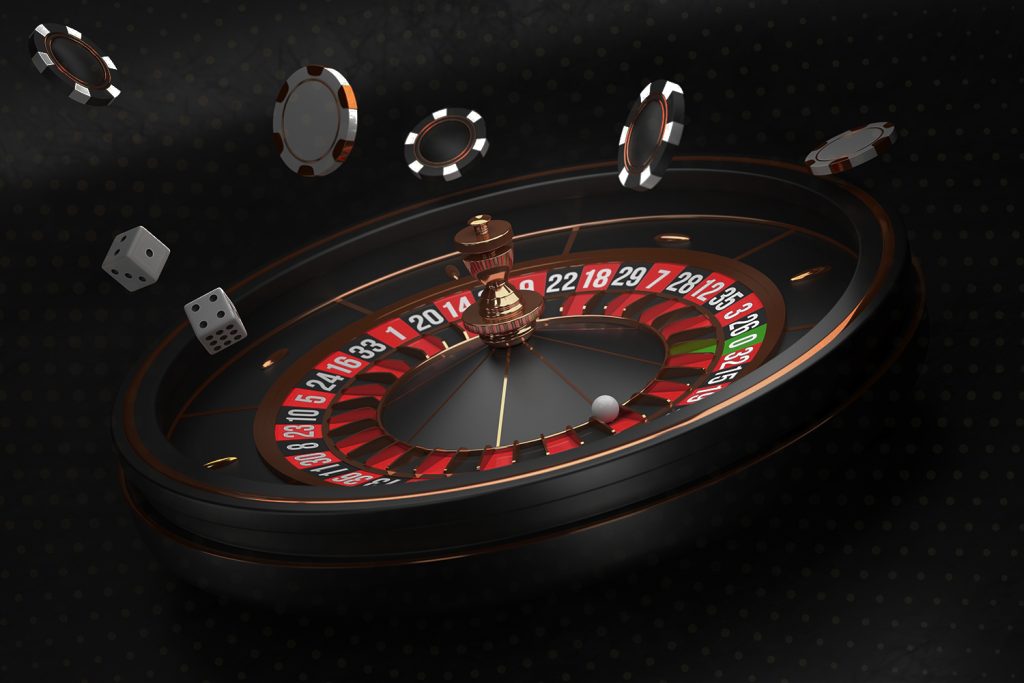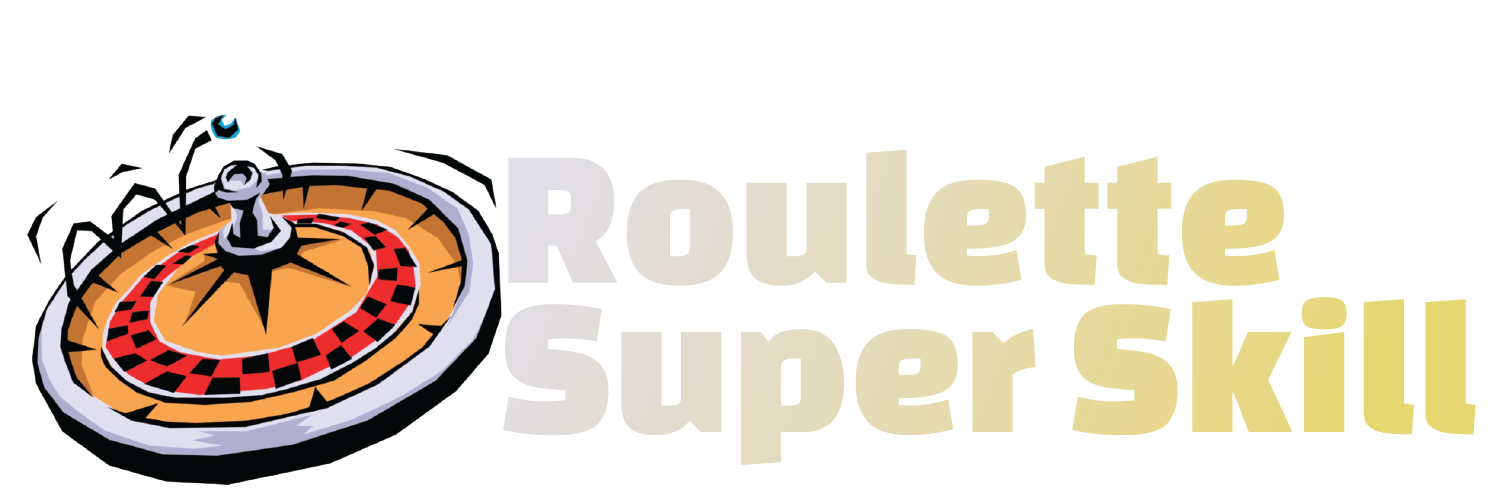
Roulette is an accessible table game with a relatively high house edge, making it difficult for dealers to calculate payouts quickly. Its slow pace also presents difficulties when trying to calculate payouts correctly.
Chip minimums on Roulette tables is an emerging concept in the United States but has proven successful elsewhere. Modifying player behavior through changing this threshold.
Variations of the game
Roulette variations offer customized rules and experiences that attract both experienced players as well as newcomers alike. Many feature tweaks to rules or additional betting options to provide greater wagering flexibility; yet their basic principles remain the same.
Roulette’s balanced design has made it a favourite among gamblers worldwide due to its tactical simplicity and improved payout odds. Furthermore, its popularity can also be attributed to its ability to attract strategic players seeking out better possibilities – for instance the French variant features rules such as La Partage/En Prison that reduce house edges down to 1.355% on even-money bets.
One common strategy involves using the Martingale system, a betting scheme which doubles your bet after every loss. Over time, this strategy will eventually enable you to recoup all previous losses and turn a profit equal to your original bet; however, should too many consecutive losses occur too quickly, your funds could quickly run out or reach table limits before recovering all previous losses.
Betting options
Players have many more betting options in roulette besides traditional bets on individual numbers, such as split bets (two adjacent numbers) and street or corner bets (four adjacent numbers). Each type of bet offers different degrees of risk and reward; their odds depend on whether or not a ball lands on that specific number.
Payouts of various bets range from zero to 392 chips depending on the type of bet placed; as more winning numbers emerge, so will more expensive wagers. Many gamblers therefore opt for covering more area with diverse bets in order to increase chances of success.
Betting limits in roulette vary from game to game, but the key consideration should always be the house edge. A lower house edge makes the game more player-friendly and provides better payout odds; nonetheless, responsibly gambling must remain paramount and understanding betting limits can help make more informed decisions about bet sizes.
Rules of the game
Roulette is a game of chance played on a rotating wheel with numbered pockets that is home to the ball, which determines its winner. Bettors place bets on specific numbers or groups of numbers with hopes they will come out winners; any winning bets are paid out by a dealer while any losing ones are removed from play by them.
Table and betting limits should be understood before beginning to play roulette. Understanding them allows players to more efficiently manage their budgets and identify patterns in game results. Furthermore, knowing these rules prevent them from using riskier betting systems like Martingale which require them to double up every time they lose until eventually they make a win.
Roulette provides various kinds of bets with payouts ranging from even money to 35:1. Outside bets generally offer higher odds but less of a chance to win, while straight-up and split bets, street and corner bets, which pick two or four adjacent numbers on a roulette table to form squares, are some of the inside bets with lower chances but higher returns.
House edge
The House Edge measures the percentage of total wagers a casino anticipates receiving from players over time and is calculated by comparing the probability of winning an individual bet to its payout value. Understanding this statistic is crucial as it can affect your gambling strategy.
A higher house edge means more money will be lost from each player over time and is why casinos favor games with such as roulette, baccarat and video poker with high house edges. Unfortunately, however, some players place too much importance on house edges while neglecting other factors that contribute to making games better or worse.
Some players don’t understand the relationship between house edge and their original bet, which can mislead them into thinking they can sit down with $100 and gamble for several hours at only a loss of $5 – when, in reality, casinos aim to break players over time with slow, gradual adjustments.







